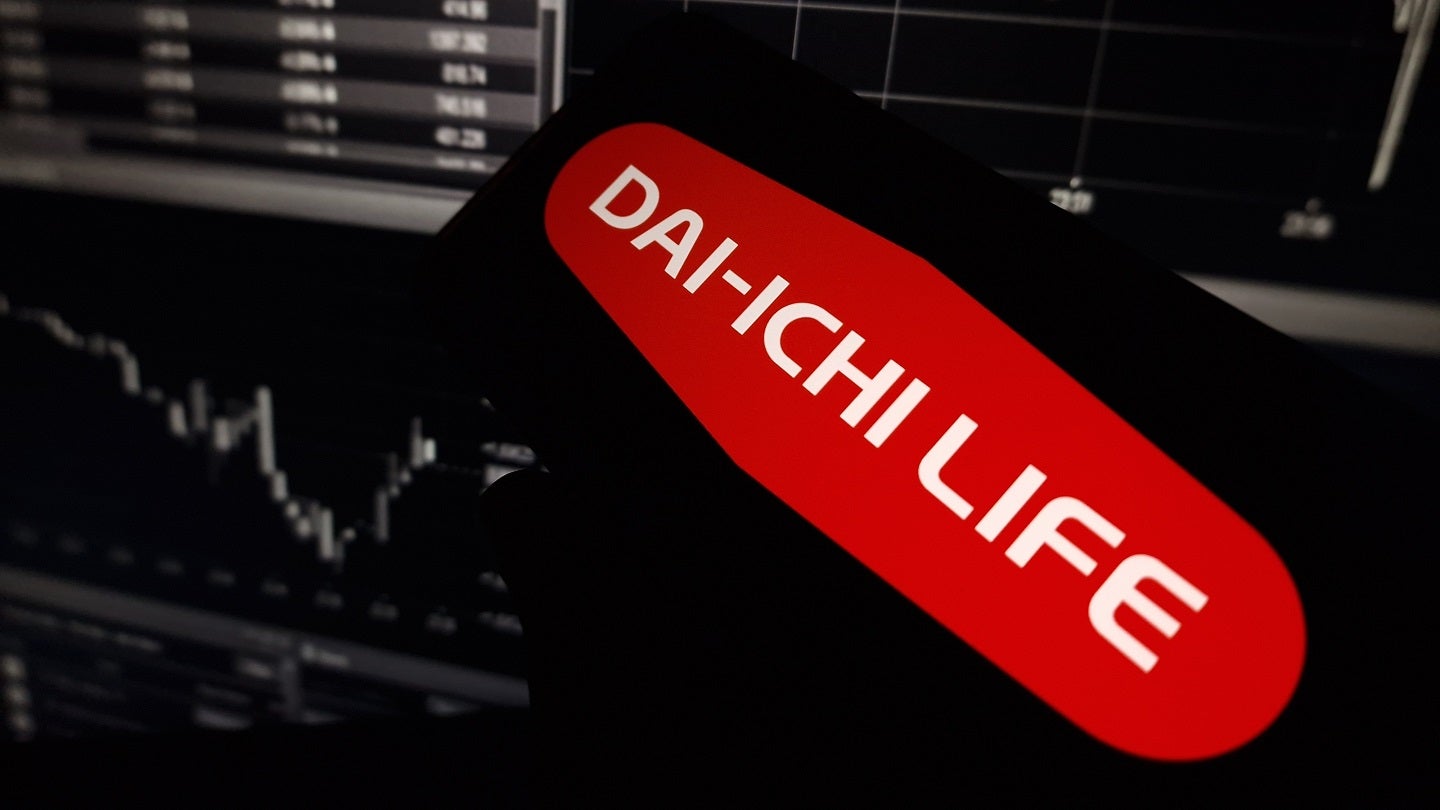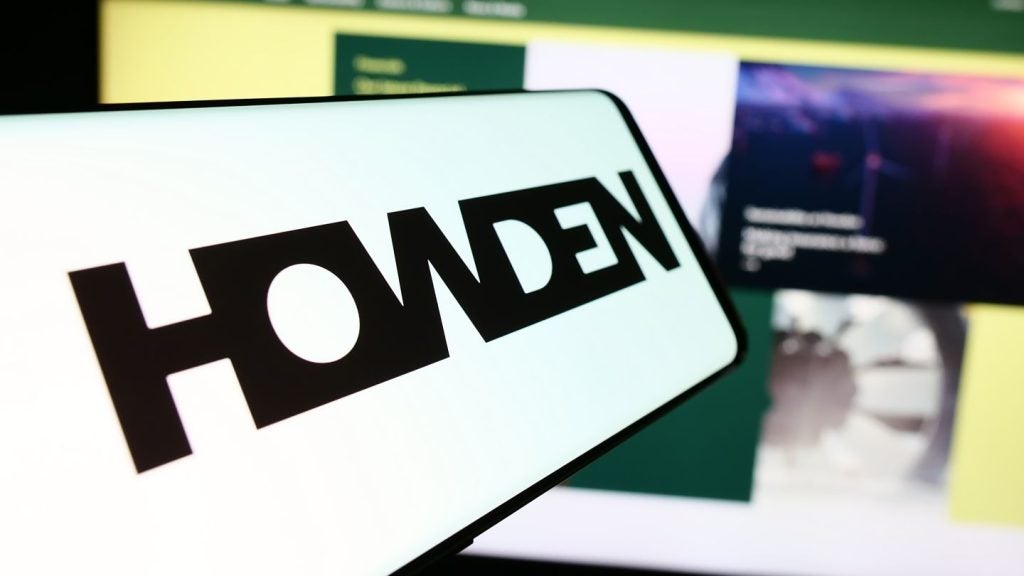
Japanese insurance company Dai-ichi Life Holdings is setting its sights on international markets as a key growth strategy, reported Nikkei , citing CEO Tetsuya Kikuta.
The insurer, the only one of the country’s four major life insurers listed on the stock exchange, is open to more unsolicited acquisitions to expand its global footprint.
“We will pursue the advantages of being in capital markets as a listed company to the fullest extent,” Kikuta told the publication.
Recently, Dai-ichi Life completed a tender offer for Benefit One, a Japanese corporate benefits provider.
The offer was made without prior agreement from Benefit One’s parent company, Pasona Group, and amidst a competing bid from M3, a medical information company.
This strategy marks a departure from the conservative approach traditionally associated with Japanese financial institutions.

US Tariffs are shifting - will you react or anticipate?
Don’t let policy changes catch you off guard. Stay proactive with real-time data and expert analysis.
By GlobalDataDai-ichi Life plans to integrate Benefit One into its operations and is preparing to establish a specialised team for this purpose.
Improving capital efficiency is also central to Dai-ichi Life’s medium-term plan, which runs through fiscal year 2026.
The company aims to increase its adjusted return on equity from around 8% to approximately 10%, while also reducing its cost of capital.
Achieving greater capital efficiency than its cost of capital is the insurer’s “biggest commitment”, according to Kikuta.
Despite the insurer’s current undervaluation, as Kikuta suggested, the goal is to double its market capitalisation from around Y3.3trn ($21.36bn) to Y6trn by March 2027.
This includes selling Y1.2trn worth of Japanese equities held by subsidiary Dai-ichi Life Insurance over the next three years, an increase from the Y600bn sold in the previous medium-term plan.
While the domestic insurance market in Japan faces challenges due to demographic trends, Kikuta is optimistic about sales, bolstered by new product launches.
However, he acknowledged that significant growth in the domestic market is unlikely.
Consequently, Dai-ichi Life is focusing on expanding its overseas operations, non-insurance businesses and capital management.
The company has earmarked Y300bn for strategic investments, targeting foreign acquisitions in insurance and asset management, with two-thirds of the investment intended for international ventures.
Dai-ichi Life aims for its overseas operations to contribute approximately 40% of group profit, setting a profit target of Y160bn for its international insurance business, with mergers and acquisitions activities expected to contribute around Y30bn.
Last week, Dai-ichi Life’s US subsidiary, Protective Life, agreed to acquire ShelterPoint Group, a provider of group insurance coverage.







